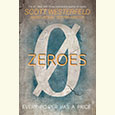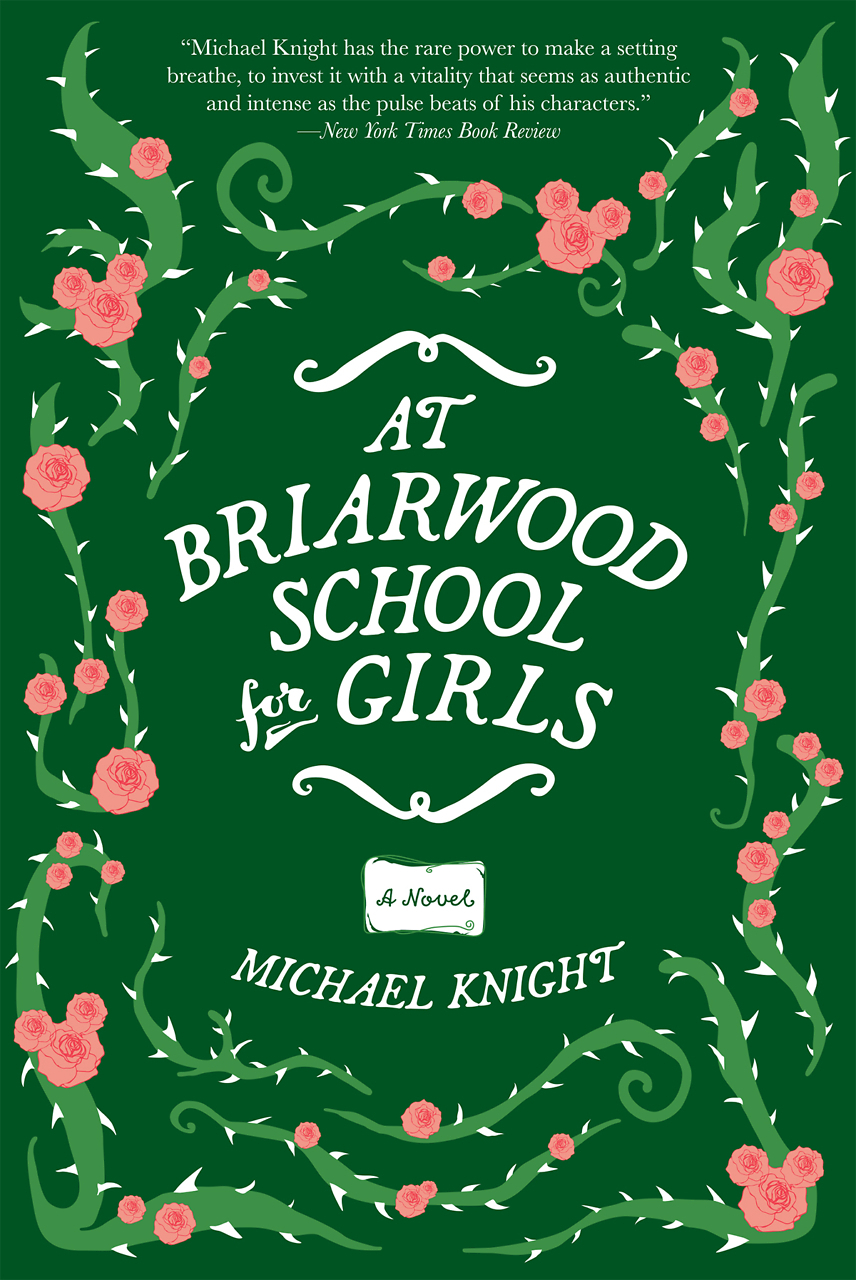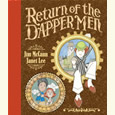Dog’s Best Friend
In Gizelle’s Bucket List, Lauren Fern Watt takes her dying mastiff on an epic adventure
Growing up, Lauren Fern Watt was no stranger to pets—her family always kept a menagerie of creatures at their Brentwood home. But it wasn’t until her mother, on a whim, took her to buy a puppy—in response to a classified ad for English mastiffs in the Saturday newspaper—that Watt discovered the magic of big dogs. She chronicles the experience in her debut memoir, Gizelle’s Bucket List.
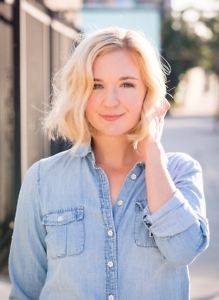
Topping out at 160 pounds, Gizelle quickly grew to outweigh her petite owner, but Watt took the pup everywhere anyway: runs in Percy Warner Park, road trips around the South, eventually even Manhattan. (After graduation from the University of Tennessee in Knoxville, Watt moved to New York.) At age six, Gizelle was diagnosed with terminal bone cancer, and Watt went to work planning a series of adventures for the dog—from her first taste of ice cream to seeing snow on the beach—that would make those final months together memorable. Now that bucket list has morphed into a sweet coming-of-age memoir that explores a gamut of issues, including grief, loss, addiction, and the unconditional love of pets.
Watt answered questions from Chapter 16 via email:
Chapter 16: In the book’s first chapter, you describe the impulse purchase of a puppy as “putting a Bandaid on the problem” that was your family life. In the end, how did Gizelle help you come to terms with your mother’s addiction?
Lauren Fern Watt: Gizelle was always there to provide me with unconditional love, no matter what, and I think there is a lot to be learned from that. For years, I had a lot of requirements of my mom. I saw addiction as a character flaw and couldn’t understand why she wouldn’t change. But now I’ve decided that I’m going to do my best to always love my mom unconditionally, too. No matter what.
At the end of Gizelle’s life, she taught me a lot about accepting the things I couldn’t change. There was nothing I could do to cure Gizelle’s cancer; I wouldn’t ever cure Gizelle’s cancer. For a long time, I thought I could cure my mom and change her. But now I try and let go of that need for control and accept that addiction is a disease, and I can’t cure her either.
Chapter 16: You describe yourself throughout the book as “a big-dog girl.” How is a big-dog girl different from a little-dog girl?
Watt: Ha! That’s a good question. I’m not entirely sure! I’ve had little dogs, too, so I probably really am an “all-dogs” girl. But there is something so special about a dog that is the size of a human. Gizelle’s massive presence was always so comforting and protective. I loved having a big dog because I could curl up with her, and she’d rest her huge head on mine, and I felt so safe. But I do think all dogs are great.
Chapter 16: Like you, I grew up in a suburb of Nashville and also moved from Knoxville to New York City just days after graduating from UT. Unlike you, I didn’t arrive accompanied by a 160-pound mastiff. Other than the obvious—e.g. finding a pet-friendly apartment in a compact city not designed for large breeds—how difficult was it adapting to such a new situation with Gizelle in tow?
Watt: In many ways, Gizelle was an ideal apartment dog because she wasn’t aware of her size and she was so extremely laid back. But probably the hardest part about adapting to a new city with a dog was just trying to balance everything. That was a time in my life when I was working really hard, trying to figure out my career, and I definitely needed my roommate’s help to make sure Gizelle got the care she needed.
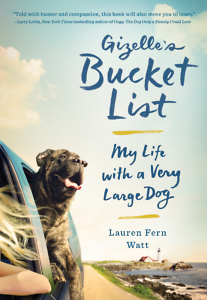 Chapter 16: Your book is a story about coming of age with a massively big dog as a companion, but it’s also about unconditional love, loss, grief, hope, relationships. If you had to pick one theme that most embodies Gizelle’s Bucket List, what would it be?
Chapter 16: Your book is a story about coming of age with a massively big dog as a companion, but it’s also about unconditional love, loss, grief, hope, relationships. If you had to pick one theme that most embodies Gizelle’s Bucket List, what would it be?
Watt: Love. Gizelle taught me how to love. Even today, when she is technically not in my life anymore, she still teaches me how to love. After I wrote the story for Yahoo! Travel that went viral, I received a lot of emails and messages from people all over the world. People wrote about how their dogs stuck by their sides through break-ups, new jobs, family deaths, illnesses, financial troubles. One woman even wrote to tell me about her Guinea pig, how he was her only roommate through “many great and many difficult times.”
I think people love their dogs because maybe dogs are the only creatures that love us without conditions or expectations. Dogs are accepting. They stick by our sides, even when we struggle, even when things aren’t perfect. And we love them back. And I found it comforting to know that in a world that can feel harsh and scary and uncertain, many of us have the exact same love for our pets in common. I think this love is much more powerful than people realize.
Chapter 16: Dealing with the heartbreak of losing a pet is something so many people can relate to. Any advice for those still grieving?
Watt: Take the time you need, but get another dog eventually. I was afraid to get another dog because I’d never have another Gizelle. But then I found my new dog, Bette, and it was the best decision ever. She’s nothing like Gizelle. She actually has anxiety and is so hyper, but she’s teaching me so many new things. Plus, so many dogs need homes, and I like to think our dogs who pass want us to help the other dogs who are still here and stuck in shelters.
Chapter 16: You came home to Nashville to write this book and penned much of it from locally-beloved and dog-themed Fido Cafe. Was this association deliberate? Did you ever take Gizelle to Fido?
Watt: Yes! Gizelle loved Fido. Fido is one of my favorite Nashville spots.
Chapter 16: Today you have a new pup, a book that’s been optioned by Hollywood, and you’re living what many would call a dream life in LA. What’s next on your own bucket list?
Watt: I always wanted to write a book, and I feel so extremely grateful to have been able to write this one. It’s crazy, though—I used to think that if I wrote a book, if I crossed that off my bucket list, then I’d be content, then I’d finally figure out who I was supposed to be. But now that I’ve written one, I look at my own bucket list and there are dozens of new things on it, and I’m still trying to figure out who I am. Most days I still don’t have a clue. But writing has always been my way of sorting things out in my head, and if I could keep writing stories and growing up through stories, that would be my dream.
 Kristin Luna is a Nashville-based writer who covers a little bit of everything: books, food, travel, entertainment, business. Her work has appeared in Entertainment Weekly, Glamour, Newsweek, People, Southern Living, and many other publications.
Kristin Luna is a Nashville-based writer who covers a little bit of everything: books, food, travel, entertainment, business. Her work has appeared in Entertainment Weekly, Glamour, Newsweek, People, Southern Living, and many other publications.

